British fighter jets prepare for war after airstrikes in Syria
British fighter jets are rushing to prepare for war as British Prime Minister Theresa May does not rule out the possibility of continuing to attack Syria.
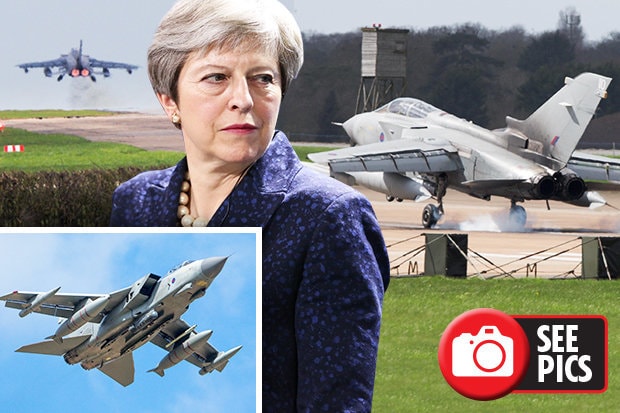 |
| British fighter jets conduct surprise military exercises two days after airstrikes in Syria. |
Royal Air Force fighter jets fly over the sky on April 16 while participating in military exercises.
This move took place two days after Britain, along with the US and France, launched "precise" airstrikes on suspected chemical weapons facilities of the Syrian government of Bashar al-Assad.
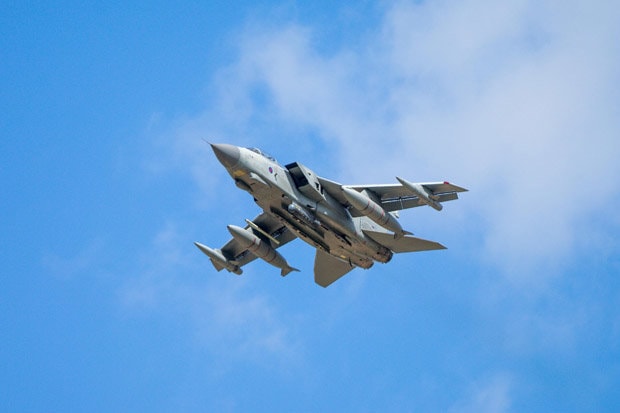 |
| Image of British fighter jets practicing, right after returning from attacking Syria. |
Images of a squadron of Tornadoes - Britain's key ground attack aircraft - carrying out training exercises in the sky have been widely published in the media.
Last weekend, a squadron of Royal Air Force Tornados was also deployed to attack suspected chemical weapons facilities in Syria.
The images show twin-engine fighter jets carrying out strikes over the North Sea after taking off from RAF Marham, an air base in Norfolk, East Anglia.
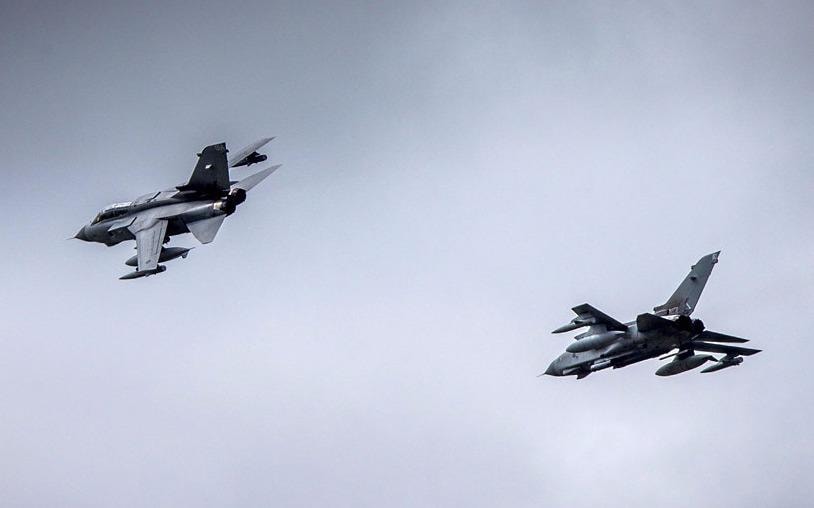 |
| A pair of Tornado fighter jets circled the sky. |
This move by the UK took place in the context that, in response to questions from MPs on April 16, Prime Minister May emphasized that the decision to attack Syria with missiles was "lawful and legitimate" and that the attack was carried out "in the national interest".
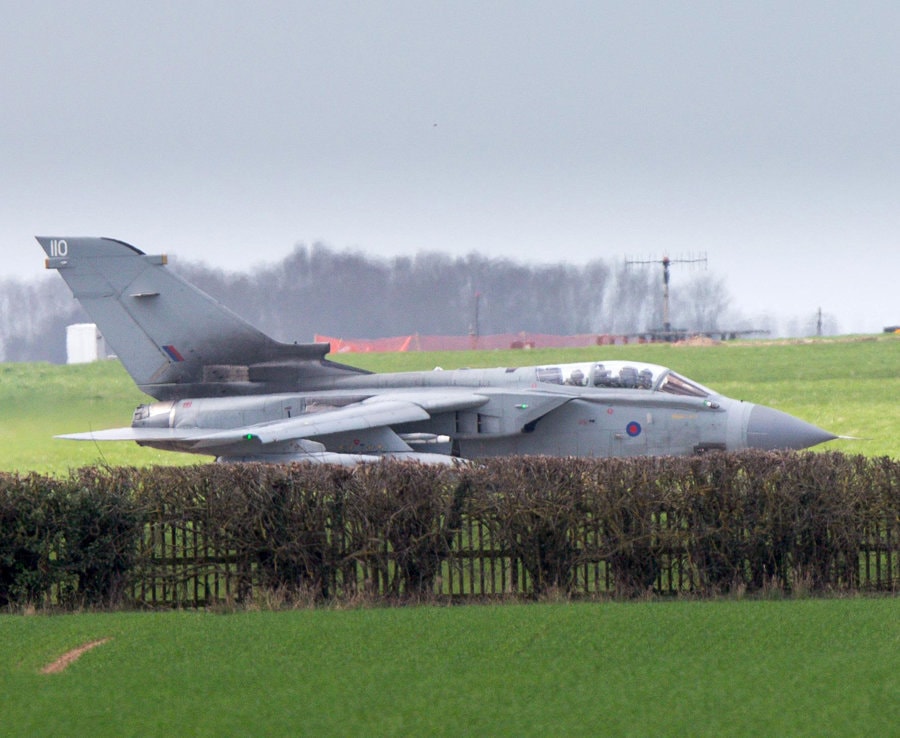 |
| British Tornado fighter jets were mobilized for exercises immediately after air strikes on Syria. |
However, dissenting MPs, including the head of the British Labour Party, Jeremy Corbyn, said that Mrs. May should have consulted the House of Commons before joining the US and France in attacking Syria.
Another Labour MP, Hilary Benn, also called on Mrs May to ensure that if she intends to continue air strikes in Syria, she must first consult Parliament.
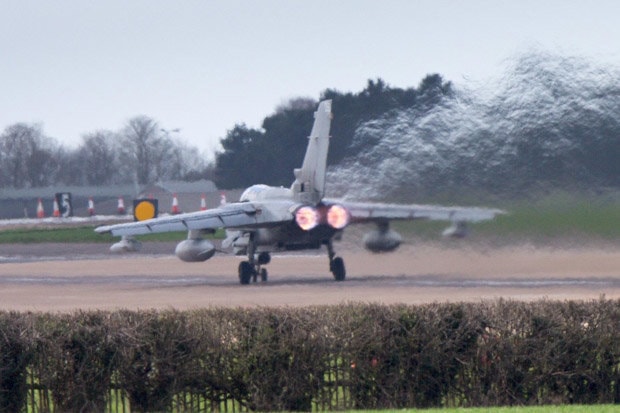 |
| Tornado fighter jets are parked at RAF Marham preparing to take part in exercises. |
However, Mrs May refused to rule out air strikes in Syria unless MPs agreed, stressing there were always circumstances where the government needed to act quickly.
"I know how important Parliament is and how important Parliament is to have a say on these issues. But it's also important that the government can act without getting caught up in debate in Parliament. There will always be times like that," May said.
In a related move, Nikki Haley, US ambassador to the United Nations, said on the same day that President Trump will not withdraw troops from Syria and will certainly strike the country again if necessary. The US military will "lock on the target" and carry out a similar attack on the Syrian government if the chemical attack in Douma is repeated.

